0207 205 2845 0207 205 2845


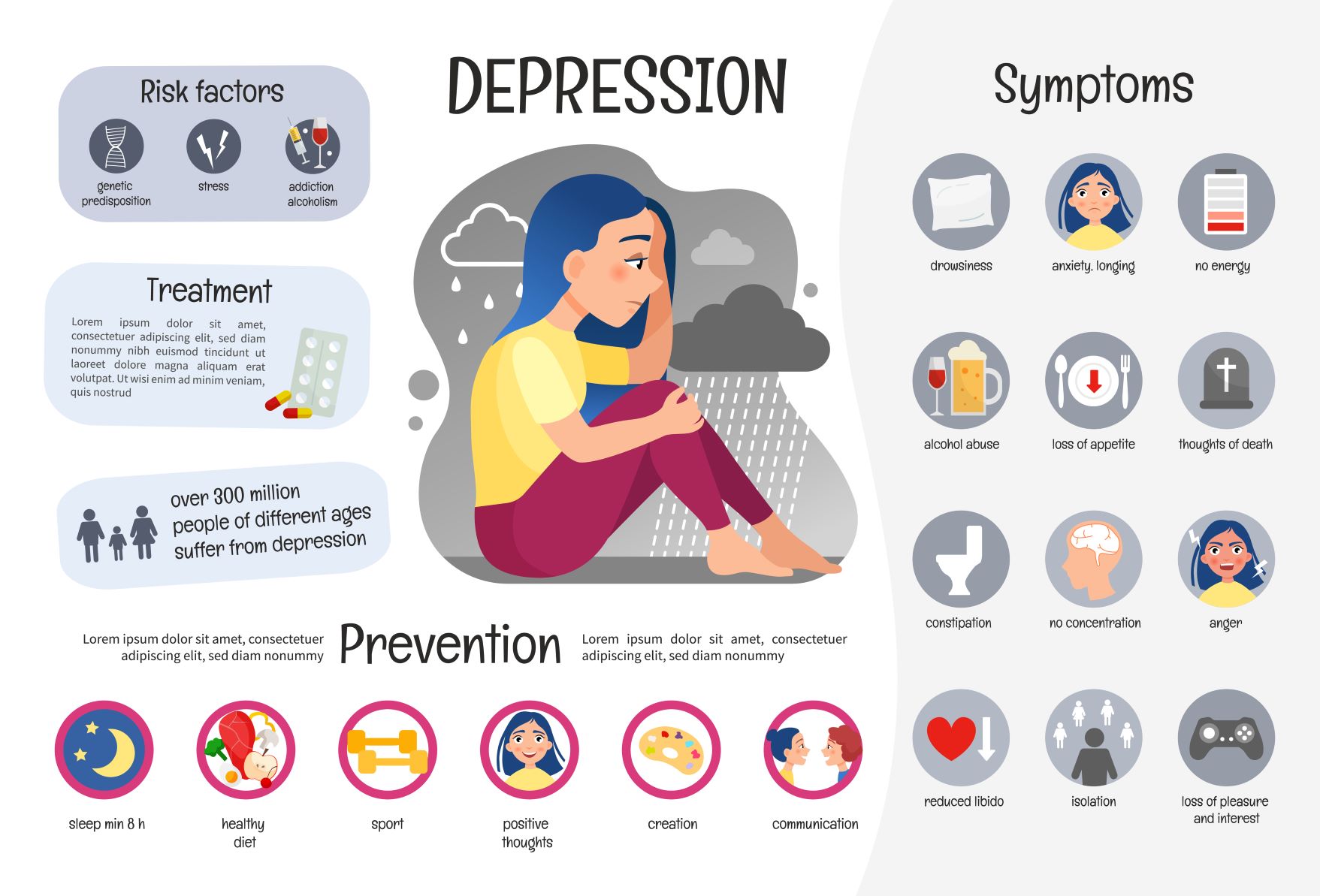
Depression is one of the most common mental health issues found in the world. Over 264 million people are affected by this disorder.
As human beings, it’s natural to have mild to intense feelings of sadness or not feel like your usual self from time to time. However, if it lasts a while and is very severe, then you might have a depressive disorder.
This article will discuss depression in detail, so you know what to look out for. This includes causes and signs of depression, and more.
Most people understand a depressive episode as a state of being very sad. While that can certainly be true, there’s actually much more to depression than just that.
It’s a persistent mood disorder where you not only feel negatively about things, but you might also lose interest in passions and interests too. This means that in addition to feeling sad, you might feel apathetic and even emotionless at times.
Not only can it affect your mental health, but mental disorders can actually affect your physical health as well. We’ll discuss this more in a later section.
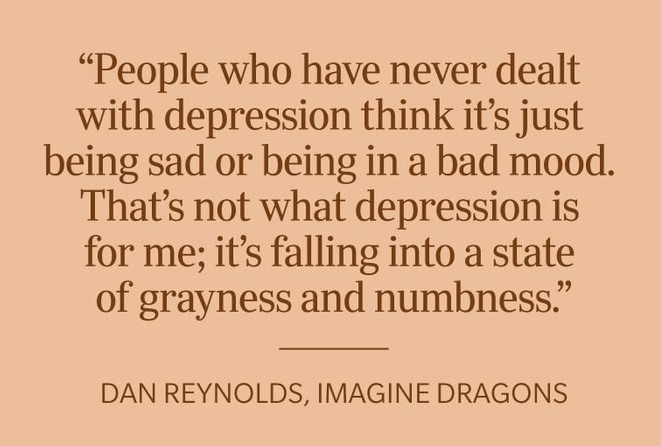
Everyone has down days or feels sad for a good reason. That is not depression. A major depressive disorder, according to the UK National Health Service, is when a person has these symptoms for three or more weeks:
From this list, it is easy to see why someone would want to find a way to get away from these thoughts and feelings. If you can imagine what it is like to experience this every day, from the time you wake up, until the time you go to sleep, that gives you a clue as to why people will turn to substance use to find some relief.

There are actually several forms of depressive disorders a person might go through. Read on to find out more about the common ones seen in patients and what signs of depression are unique to these types.
This is one of the most common kinds of people in the United Kingdom get. 19.7% of people in the UK from the age of 16 and over displayed symptoms of anxiety or depression, this represents 7.1% of the adult population that has had a major depression episode at least once in their lives. A major depressive episode can happen for no reason, even if things are going well in life.
This sort of mental disorder can be pretty severe and lasts anywhere from a few weeks to months. Symptoms will also be persistent.
Major depression hits each individual differently. Many only go through it once, while others will have numerous episodes in their lives.
Chronic depression is also known as “persistent depression” or “dysthymia.” As the name suggests, this form can last a bit longer than in other cases. In general, chronic depression lasts 2 years or more.
The good news is while this disorder is longer than major depression, the symptoms are not as intense. Also, the intensity of chronic depression symptoms may decrease over time and then increase again. This can cause you to go through a small rollercoaster of emotions for several years.
Unfortunately, it’s possible to experience chronic depression in addition to major depression. As you can imagine, double depression can be quite disruptive to your normal everyday life.
You might know manic depression better by another name: bipolar disorder. This is another mental health issue that many people in the United Kingdom struggle with; around 3 million people in the UK have this form. There are 2 main kinds: bipolar I and bipolar II disorder.
Bipolar disorder is a slightly different disorder because those with it go through big rollercoasters of emotion. These are different from the normal ups and downs that everyone experiences in life.
As the name suggests, people go through 2 phases: depression and mania.
When they’re in the depressive stage, lots of symptoms overlap with major depression. Then, in the manic stage, they’ll experience the opposite, such as excessive energy, racing thoughts, risky behaviour, and euphoria.
These 2 stages alternate, with depression preceding mania. The manic phase will last around 7 days.
Some people may have a milder form of bipolar disorder called hypomania.
The signs of mild depression can be difficult to spot even for medical professionals. These are harder to diagnose as the signs of mild depression have less of a visible impact on your life.
The good news is that mild depression can be treated through lifestyle changes and counselling. The results are usually best without medication. Moderate depression signs are similar to mild but they will have an impact on your life and may need medication such as SSRI anti-depressants to help you recover.

Season affective disorder” (or SAD). As you may guess from the name, depends on what season it is. The majority of people affected by SAD experience the most symptoms in wintertime.
There are theories that SAD occurs because your body has a negative response to the decreasing amount of natural light that starts happening in autumn. So when spring comes around again, your symptoms start decreasing, as natural light is increasing once again. Here are the specific signs of depression caused by SAD:
Treatment for SAD can include the usual natural treatments and option of medication but also a SAD lamp that provides simulated sunlight and convinces your brain to reduce melatonin (sleep-inducing hormone) and increase the amount of serotonin your body produces.
With post-partum depression rising year after year, health visitors and other medical professionals keep a keen eye out for signs of depression in new mothers and fathers. Covid and depression in lockdown hit many It can be tough to tell the difference between other issues such as hormonal baby blues, sleep deprivation and depression. Here are some of the signs of postpartum depression in parents:
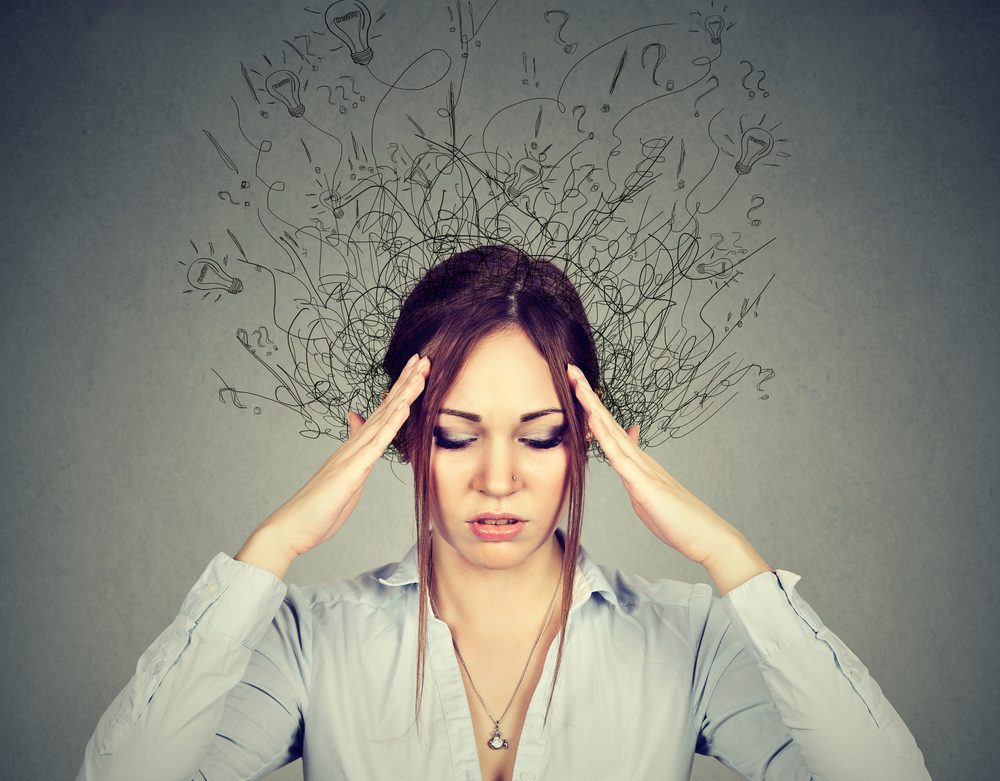
Clinical depression can affect someone for various reasons. However, the factors are unique to each person, so not every cause on this list will necessarily impact you.
Keep reading to see what the possible triggers are.
As we all know, life isn’t full of only positive events. Unfortunately, we have to deal with some trauma, such as the death of loved ones or of abuse.
It’s normal to go through the grieving stages and come to terms with things. However, some life events can be bad enough for some of us to go through full depression.
Even if you’re dealing with something neutral or positive (such as moving or getting a new job), this can stress you enough to trigger your disorder.
Sometimes, it can be hard to tell the difference between normal emotions and depression.
While it’s not as concrete as with physical disorders like Huntington’s disease, genetics does seem to play a part. If you have a family history of it (for instance, if your parents or grandparents had depression), then you have double the chance for this mental health issue.
Of course, you could have no known family history and still be more susceptible than others. This depends entirely on your unique genetic makeup.
For example, you might have more of a biological vulnerability than your friend, so a fight with a loved one can trigger depression for you while it doesn’t for them.
Similar to addiction, depression is linked to the Delta FOSb protein in your brain, a genetic switch for your brain’s reward centre. This switch can help or hurt your resilience and stress management. Low levels of Delta FOSb are linked to both depression and substance abuse.
You might need to take medications to manage symptoms if you have other health problems. That way, you can lead a more normal and pain-free life.
However, these medications usually come with a myriad of side effects. Some medications that may have this side effect include corticosteroids, isotretinoin, and interferon-alpha.
Before starting any prescription medication, it’s best to have a discussion with your doctor about all the possible side effects so you’re better prepared. That way, if you have any early symptoms of depression, it’ll be easier to attribute to a possible cause.
Though it is not well-known, depression is actually a symptom of some illnesses and deficiencies. One of these is Niacin deficiency which can cause lethargy, fatigue and low mood. There are several treatments for niacin deficiency, including supplements and NAD IV treatment.
Glutathione deficiency is linked to depression and anxiety, especially in those who drink heavily or take drugs. Treatment is usually in the form of a push injection or IV infusion, as oral supplements are not believed to increase levels.
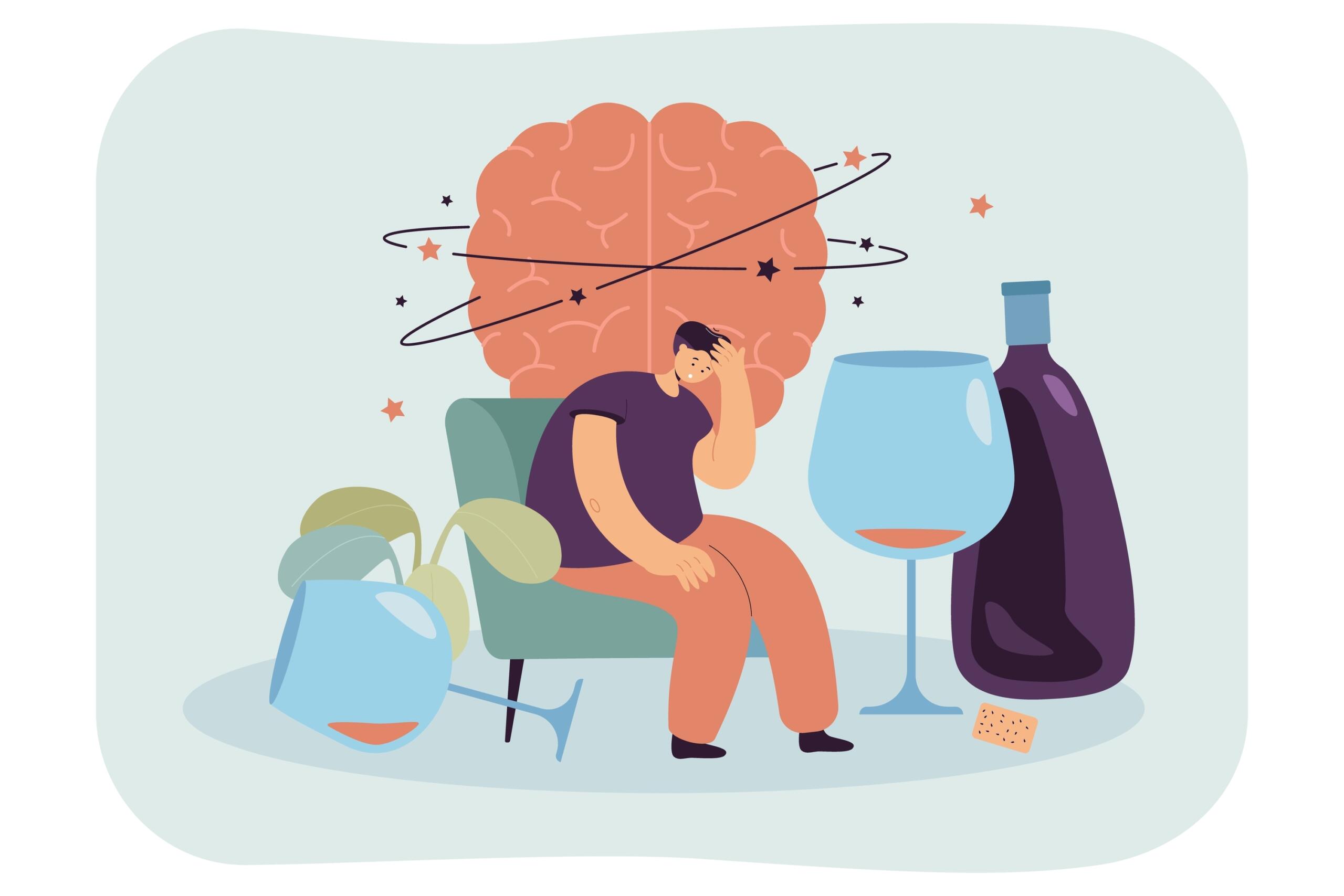
More often than not, substance abuse (especially alcohol abuse) and depression go hand in hand. It’s not 100% clear whether drinking causes depression or depression leads to drinking. Rehab Guide can point you in the direction of a rehab that treats depression and substance abuse. Read our page on depression and alcohol to find out more.
In any case, it’s common to have depression and substance abuse. Many people use alcohol and drugs as a way to self-medicate when they’re feeling sad or overwhelmed. However, it’s just a temporary feeling of relief and only gets worse.
If you’re asking, is alcohol a depressant,” then “yes” is the answer. However, it’s probably not a “depressant” in the way that you think it is.
This doesn’t mean that alcohol will make you depressed. Instead, it acts on your central nervous system (CNS). Basically, it slows down and inhibits your brain.
It is commonly thought that substance use covers an underlying problem like the person using is trying to manage an important and untreated illness with drugs or alcohol. And there is a great deal of research to support this. Actually, it is quite likely that a person using drugs or alcohol also has a mental illness. This is a co-occurring disorder when there is an untreated mental illness and a substance abuse issue.
Substance use, when looked at regarding depression, should be viewed as a way to cope with it, not a source of shame and disgrace. Drug or alcohol use is a way to change the way a person feels. Scientific evidence suggests that the first few drinks release calming and mood-improving chemicals into our bodies. It is subsequent drinks that lower our levels of Glutamate, causing anxiety, stress and poor sleep.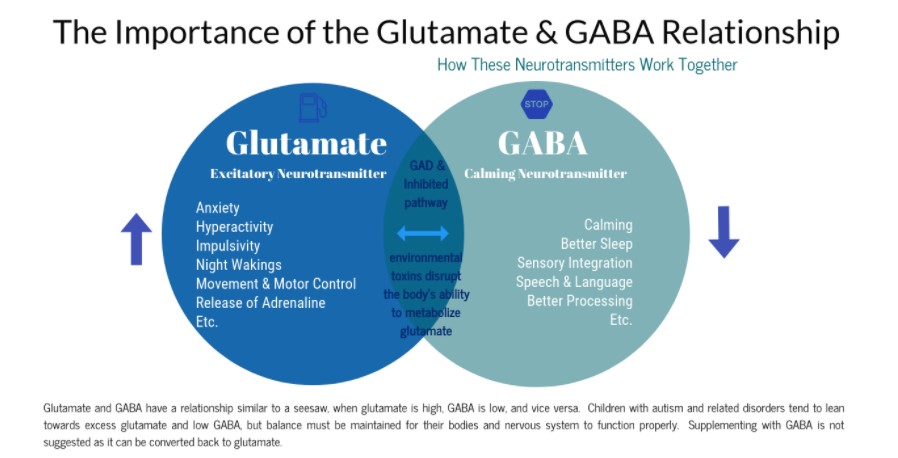
Depression is best framed as a whole-body illness. The reason for this is that it impacts every area of a person’s life. It impacts their mood, their relationships, their spirituality, their job, and their body. It can be physically painful and uncomfortable to cope with untreated.
If you can imagine what it is like to experience this every day, from the time you wake up until the time you go to sleep, that gives you a clue as to why people will turn to substance use to find some relief.
A depressive disorder is one of the most common underlying problems when it comes to substance use. According to the World Health Organization, anywhere from 3-10% of a country’s population will be clinically depressed. This presents a large number of people that need help and are seeking relief.
When it comes to co-occurring disorders, the numbers are almost as bad. In the U.S., for example, 20% of people with a major depressive disorder will have or develop a substance use disorder on top of that. This becomes numbers easily in the hundreds of thousands of people suffering from depression and substance use.
It is also important to remember that mixing alcohol and antidepressants can be dangerous and make the problem worse. Check with your doctor before drinking alcohol with any antidepressant medication.
You also have the option of taking alcohol detox supplements. There are supplements to help with many withdrawal issues see our list of those that help with mental health and mood.
The particular depressive disorder you might experience will depend on exactly which type you have. But if you’re asking, “am I depressed,” this list might help point you in the right direction. Unlike the above list of signs of depression, these are geared towards self-diagnosis.
Some common symptoms include:
If you feel like you might be depressed, it’s best to seek immediate medical help. This is especially true if you’re having thoughts of suicide.
It’s not uncommon to have other health issues that occur alongside depression. For instance, we discussed substance abuse earlier on.
In addition, depression and anxiety are 2 mental health issues that usually appear together. Anxiety can also drive someone to rely on substances, so when you combine both mental health disorders, this can cause things to spiral out of control.
Somatic illnesses can crop up as well. For example, depression has high comorbidity with cardiovascular diseases.
As you can see, it’s important that you receive treatment, as it can lead to a lot of other health issues.
When a loved one has depression, you might feel a lot of emotions regarding this situation, including guilt. But it would help if you kept in mind that their depression is not your fault and simply being there for them is more than helpful.
Since you’re reading this article, you’re already doing the right thing. One of the best things to do when you want to help someone is to learn more about it.
Never feel like you have to fix someone’s problem. All you can do is be there for them with an open ear and a comforting shoulder.
Always reiterate that you’re there to support them, even if they become withdrawn. However, don’t be overbearing, as that might push them away.
Most importantly, don’t forget to take care of yourself. You might feel it’s your duty to help your loved one, but you must put yourself first. Without taking good care of yourself, you might not have the capacity to care for others, so don’t forget to treat yourself well.
You might have come across the term “black dog.” This is in reference to a story written by writer and illustrator Matthew Johnstone. He wrote it in collaboration with the World Health Organisation (WHO) for World Mental Health Day.
The story is called “I Had a Black Dog” and is a term borrowed from Winston Churchill; he used it in reference to his depressive disorder. In the book, the main character overcomes the “black dog of depression.”
Reading this book might help you and others understand depressive disorders more, enabling you to better help your loved ones.
Up to 70% of people dependent on alcohol also have depression. Because of this, when you’re considering seeking help, rehabilitation can be an excellent choice. Medical professionals can help you safely detox and withdraw from alcohol and illicit substances.
No matter if you choose inpatient or outpatient rehab, you’ll receive not only alcohol counselling but also depression counselling. This means that you’ll learn what your drinking triggers are and ways to deal with depression without using substances. Medical professionals may also prescribe you medication, such as SSRIs.
Every medication has its own restrictions, but here are some general guidelines on the risks of mixing alcohol and antidepressants.
You’ll also get to meet other people who are in the same situation as you. In group therapy, you’ll get to tell your own stories and relate to one another. This can make dealing with depression and substance abuse a lot more manageable, as you’ll have a support system both in and out of rehab.
Other therapy (such as cognitive behavioural therapy or CBT) can help give you a new outlook on life. As a result, you’ll be able to handle better anything that happens in your life and not resort to alcohol or drugs as self-medication.
As painful as depression and addiction are together, help is available. It often comes in the form of an integrated treatment model, where the treatment facility will attend to both illnesses, depression and addiction simultaneously.
This comes in the form of talk therapy, like cognitive behavioural therapy or mindfulness-based approaches that look at the ways a person thinks and reacts to the world around them. Then with practice, retraining the brain to evaluate things differently, changing how we feel about them. Mindfulness-based approaches are focused more on helping a person stay grounded in the present, accepting what is not changeable, and stressing ways to cope with the world around them.
After reading this article, you have learned to recognise the symptoms of depression and how to help someone with this mental health condition.
Often, depression comes hand-in-hand with substance abuse and addiction, which makes rehabilitation an optimal choice for improving both your mental and physical health. So don’t hesitate to seek out rehab and depression treatment. It’ll help you have a new outlook on life.
Education is also a key feature of treatment as well. A person needs to learn the signs of their addiction and illness and when they are flaring up. They also need to understand the relationship between addiction and mental illness and more helpful ways to treat themselves. Finally, antidepressants and other medications can treat illnesses and some of the symptoms of addiction and depression.
Working with all of these treatment options can give people the best chance to recover from their addiction and mental illness. Help and treatment are available, and people recover from co-occurring disorders every day. If you or someone you love need help with one of these issues, please contact us immediately.
Do you have any questions about rehab and depression treatment, such as depression rehab costs? Then feel free to contact us. We’ll give you free advice.